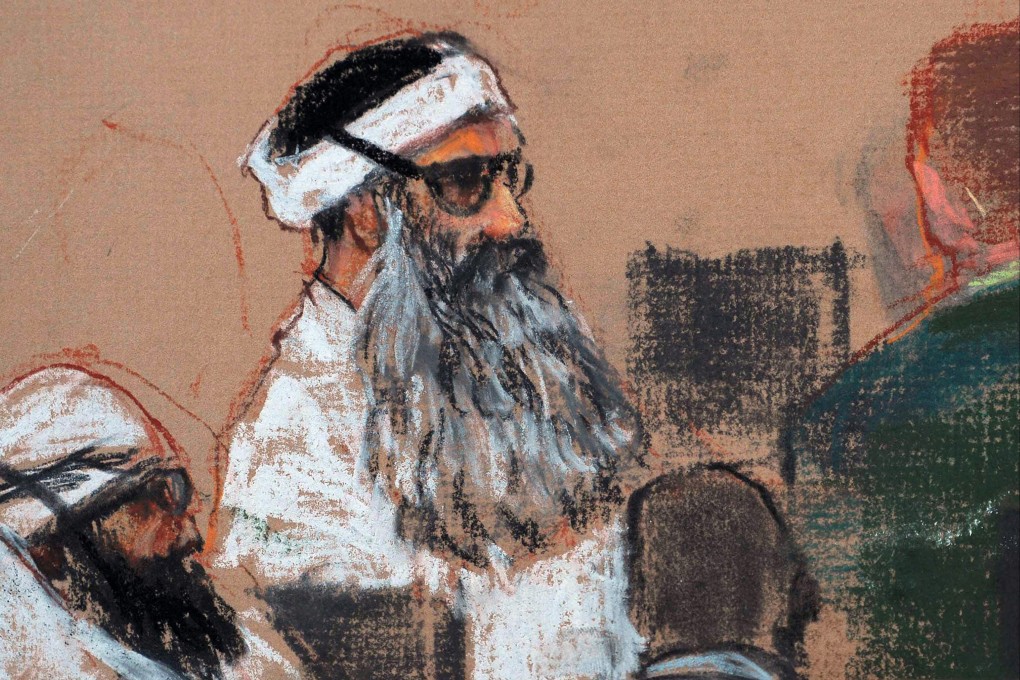Torture of 9/11 suspects is ‘original sin’ holding back a plea deal and verdict
- Issues include the CIA destruction of evidence and whether torture of the suspects tainted subsequent interrogations by the FBI

A US Defense Department disagreement over how to bring to justice the accused mastermind of the September 11 attacks and two others has thrown the cases into disarray, and surfaced tension between the desire of some victims’ families to see a final legal reckoning and the significant obstacles that may make that impossible.
Defence lawyers and some legal experts blame many of the endless delays on what they call the “original sin” haunting the military prosecutions: the illegal torture that Khalid Sheikh Mohammed and his co-defendants were subjected to in CIA custody. That years-old abuse has snarled the case, leaving lawyers to hash out legal issues two decades later in the now often-forgotten military courtrooms at the US base at Guantanamo Bay, Cuba.
Austin said later he believed Americans deserved the opportunity to see the trials through. Pentagon deputy spokeswoman Sabrina Singh said Friday the case “will continue toward trial with pretrial proceedings as it has been”.
Asked for comment, a CIA spokesperson said that the “CIA’s detention and interrogation programme ended in 2009”.
The events reflect the disconnect between the wish of many to see the defendants convicted and sentenced in their death penalty cases and the view of many experts that the legal obstacles caused by torture, disputes over evidence and other extraordinary government actions make it unrealistic to expect a conclusion any time soon.
